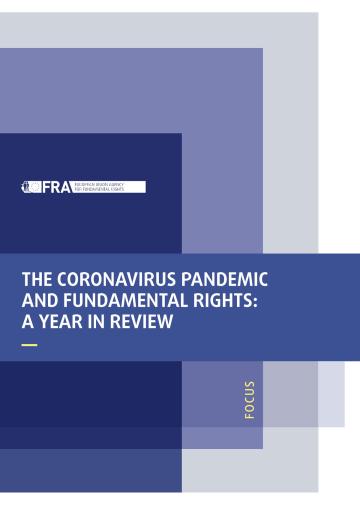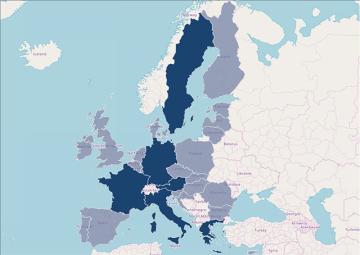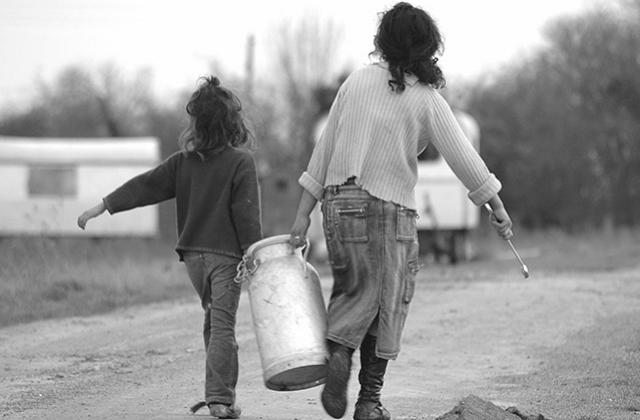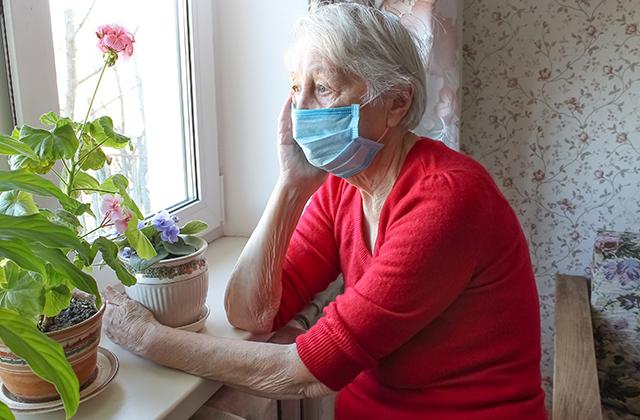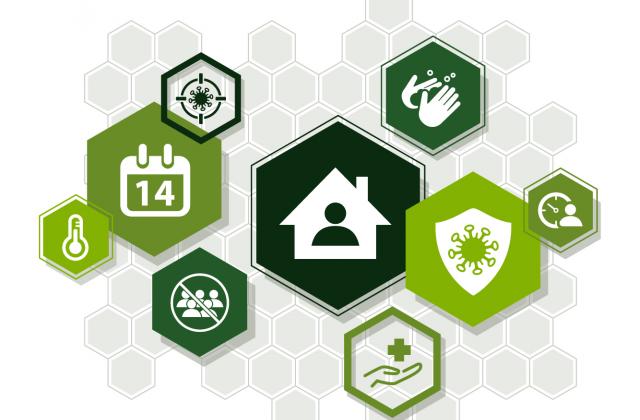Artikel 24. §1. Het onderwijs is vrij; elke preventieve maatregel is verboden; de bestraffing van de misdrijven wordt alleen door de wet of het decreet geregeld. De gemeenschap waarborgt de keuzevrijheid van de ouders.De gemeenschap richt neutraal onderwijs in. De neutraliteit houdt onder meer in, de eerbied voor de filosofische, ideologische of godsdienstige opvattingen van de ouders en de leerlingen. De scholen ingericht door openbare besturen bieden, tot het einde van de leerplicht, de keuze aan tussen onderricht in een der erkende godsdiensten en de niet-confessionele zedenleer. §2. Zo een gemeenschap als inrichtende macht bevoegdheden wil opdragen aan een of meer autonome organen, kan dit slechts bij decreet, aangenomen met een meerderheid van twee derden van de uitgebrachte stemmen. §3. Ieder heeft recht op onderwijs, met eerbiediging van de fundamentele rechten en vrijheden. De toegang tot het onderwijs is kosteloos tot het einde van de leerplicht. Alle leerlingen die leerplichtig zijn, hebben ten laste van de gemeenschap recht op een morele of religieuze opvoeding. §4. Alle leerlingen of studenten, ouders, personeelsleden en onderwijsinstellingen zijn gelijk voor de wet of het decreet. De wet en het decreet houden rekening met objectieve verschillen, waaronder de eigen karakteristieken van iedere inrichtende macht, die een aangepaste behandeling verantwoorden. §5. De inrichting, erkenning of subsidiëring van het onderwijs door de gemeenschap wordt geregeld door de wet of het decreet.



